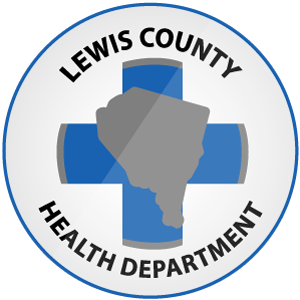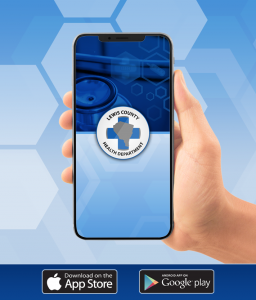STD Testing & Prevention
Sexually transmitted diseases (STDs), also known as sexually transmitted infections (STIs), are very common. Millions of new infections occur every year in the United States.
STDs pass from one person to another through vaginal, oral, and anal sex. They also can spread through intimate physical contact like heavy petting, though this is not very common.
STDs don’t always cause symptoms or may only cause mild symptoms. Therefore, it is possible to have an infection and not know it. That is why getting an STD test is important if you are having sex. If you receive a positive STD diagnosis, know that all are treatable with medicine and some are curable entirely.
There are dozens of STDs. Some STDs, such as syphilis, gonorrhea, and chlamydia, are spread mainly by sexual contact. Other diseases, including Zika, Ebola, and mpox, can be spread sexually but are more often spread through ways other than sex.
STDs are preventable. If you have sex, know how to protect yourself and your sex partner(s) from STDs.
|
Bacterial vaginosis (BV) is a condition that happens when there is too much of certain bacteria in the vagina. This changes the normal balance of bacteria in the vagina.
Is there a cure for BV?
A healthcare provider can treat BV with antibiotics. If you have symptoms, you should be checked and treated by a healthcare provider. It is important to take all the medicine your provider prescribes, even if your symptoms go away. Treatment also may reduce the risk for getting other STDs. BV can return even after treatment.
Male sex partners of women with BV do not need treatment. However, BV can spread between female sex partners.
|
|
Chlamydia is a common STD that can cause infection among both men and women. It can cause permanent damage to a woman’s reproductive system. This can make it difficult or impossible to get pregnant later. Chlamydia can also cause a potentially fatal ectopic pregnancy (pregnancy that occurs outside the womb).
Is there a cure for chlamydia?
Yes, the right treatment can cure chlamydia. It is important that you take all of the medicine your healthcare provider gives you to cure your infection. Do not share medicine for chlamydia with anyone. When taken properly it will stop the infection and could decrease your chances of having problems later. Although medicine will stop the infection, it will not undo any permanent damage caused by the disease.
Repeat infection with chlamydia is common. You should receive testing again about three months after your treatment, even if your sex partner(s) receives treatment.
|
|
Genital herpes is an STD caused by two types of viruses – herpes simplex virus type 1 (HSV-1) and herpes simplex virus type 2 (HSV-2).
Is there a cure for genital herpes?
There is no cure for genital herpes. However, there are medicines that can prevent or shorten outbreaks. A daily anti-herpes medicine can make it less likely to pass the infection on to your sex partner(s).
|
|
Gonorrhea is an STD that can cause infection in the genitals, rectum, and throat. It is very common, especially among young people ages 15-24 years.
Is there a cure for gonorrhea?
Yes, the right treatment can cure gonorrhea. It is important that you take all of the medicine your healthcare provider gives you to cure your infection. Do not share medicine for gonorrhea with anyone. Although medicine will stop the infection, it will not undo any permanent damage caused by the disease.
It is becoming harder to treat some gonorrhea, as drug-resistant strains of gonorrhea are increasing. Return to a healthcare provider if your symptoms continue for more than a few days after receiving treatment.
|
|
HPV is the most common STI. There were about 43 million HPV infections in 2018, many among people in their late teens and early 20s. There are many different types of HPV. Some types can cause health problems, including genital warts and cancers. But there are vaccines that can stop these health problems from happening. HPV is a different virus than HIV and HSV (herpes).
Is there treatment for HPV or health problems that develop from HPV?
There is no treatment for the virus itself. However, there are treatments for the health problems that HPV can cause:
Genital warts can go away with treatment from your healthcare provider or with prescription medicine. If left untreated, genital warts may go away, stay the same, or grow in size or number. Cervical precancer treatment is available. Women who get routine Pap tests and follow up as needed can find problems before cancer develops. Prevention is always better than treatment. For more information visit cancer.org. Other HPV-related cancers are also more treatable when found and treated early. For more information visit cancer.org.
|
|
Syphilis is a sexually transmitted infection (STI) that can cause serious health problems without treatment. Infection develops in stages (primary, secondary, latent, and tertiary). Each stage can have different signs and symptoms.
Is there a cure for syphilis?
Yes, syphilis is curable with the right antibiotics from your healthcare provider. However, treatment might not undo any damage the infection can cause.
|
|

 Download our free app today to receive real-time alerts, catch up on news, view upcoming events and track important dates.
Download our free app today to receive real-time alerts, catch up on news, view upcoming events and track important dates.